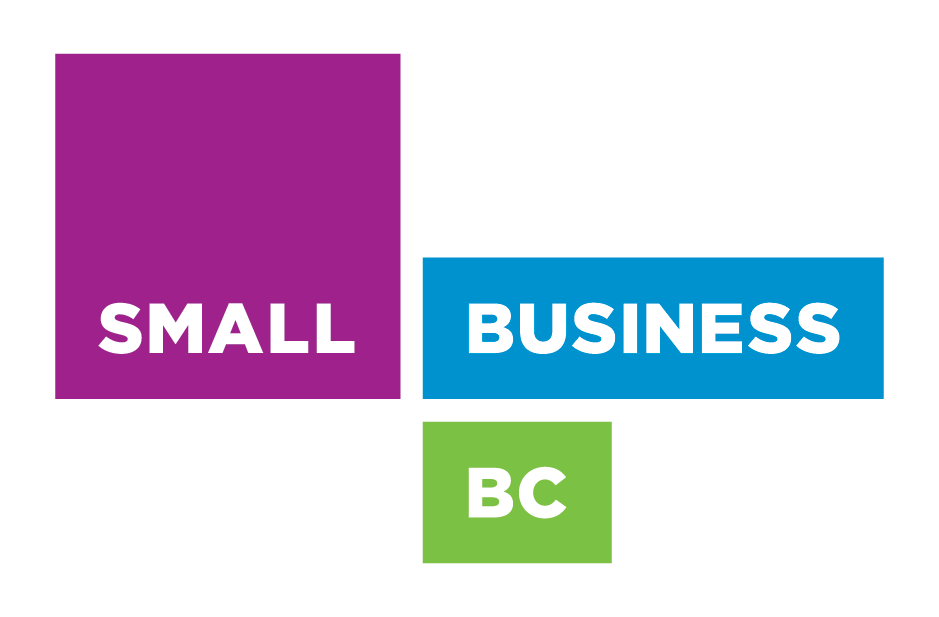Victoria – Following a review of 200 deaths of young people who died transitioning to independence from government care between 2011 and 2016, a death review panel has issued a series of recommendations to several provincial ministries.
The report, titled BC Coroners Service Death Review Panel: Review of MCFD-Involved Youth Transitioning to Independence: January 1, 2011 – December 31, 2016, identifies four areas of focus to reduce deaths of youth in transition from government care in B.C.:
- Extending service supports based on the young person’s needs;
- Improved communication between service providers with the goal to increase engagement of youth;
- Engagement with youth on service planning and policy development; and
- Monitoring outcomes and use findings to support service planning and policy changes.
These findings are the basis for the following three recommendations put forward to the chief coroner by the panel. Details and timelines for each recommendation can be found within the report:
- Expand agreements with young adults (AYAs) to address self-identified transition needs;
- Ensure collaboration to support effective planning and service provision; and
- Monitor support-service effectiveness for youth leaving care.
The death review panel, chaired by Michael Egilson, included 19 panel experts from social services, child welfare, health care, policing, First Nations, education and mental health and addictions.
Generally, the review found:
- A lack of documented transition planning for youth leaving care or on youth agreements;
- A disproportionate number of Indigenous young people died;
- High rates of suicide and drug overdose deaths;
- High rates of health and mental health issues;
- Lower completion of educational attainment; and
- Barriers (system and personal) to successful transition to independence.
“Ultimately the goal of the panel is to identify issues to inform recommendations aimed at prevention deaths in similar circumstances,” said Egilson. “It is our hope that these recommendations and findings can lead to positive change.”
The full report is available online: https://www2.gov.bc.ca/assets/gov/public-safety-and-emergency-services/death-investigation/child-death-review-unit/reports-publications/youth_in_transition_-_death_review_panel_report_-_28-05-2018.pdf

Katrine Conroy, Minister of Children and Family Development, has issued the following statement in response to the BC Coroners Service review of ministry-involved youth transitioning to independence:
“This is a truly heartbreaking report, and government accepts all of the recommendations. We must do more to support young people who transition out of our care. Some of that work will require further consultation with young people themselves. Some of it may require changes to legislation. Working with our partners, we’ll be looking closely at how best to extend our services to meet individual need.
“My ministry’s very purpose is to help ensure the safety and well-being of vulnerable children and youth. It is absolutely devastating to us any time the life of someone we’ve known and worked with ends tragically. We have a duty to protect the young people in our care, but the commitment cannot end there. Our efforts must lead to better outcomes for young people after they leave our care.
“Ensuring smoother, more successful transitions from care to independence has been a focus of this government. The BC Coroners Service review covers a period ending Dec. 31, 2016. Much has changed since then.
“The new Ministry of Mental Health and Addictions was created to help young people, and all British Columbians, get timely access to the full spectrum of mental-health and substance-use services. For youth and young adults, the Province has committed funding this year for new mental-health practitioners, new specialized substance-use treatment beds and online counselling services.
“In the face of the ongoing opioid crisis, the ministry now has an overdose prevention and overdose response plan to provide training on overdose awareness, prevention and the use of naloxone kits for front-line practitioners, caregivers and youth at risk in B.C.
“To help keep vulnerable Indigenous children and youth connected to their cultures, families and communities, we amended B.C.’s child welfare legislation, allowing social workers to share more information with Indigenous communities at the start of any child-protection involvement. The amendments also give the ministry more opportunities to collaborate with Indigenous communities on planning and caring for Indigenous children.
“We’ve made strides with transition planning, as well. Right now, 84% of 18 year olds in care have an up-to-date Plan of Care, which includes considerations for cultural connection, as well as preparations for adulthood and independence – and we will continue to take steps to improve.
“For young people who are no longer in our care, we launched the new Provincial Tuition Waiver Program, granting former youth in care free tuition at all 25 of B.C.’s public post-secondary institutions. We then raised the age limit for our Agreements with Young Adults to align with that program. We also increased needs-based support to a maximum of $1,250 and made payments available year-round, so that young adults enrolled in multi-year degrees and certificates do not lose access to funding during program breaks.
“We know there’s more work to do. We’ve hired more youth workers, we’ve improved practice and we need to continue making improvements, so that young people know about and can access the supports they need to thrive.
“Ministry staff have already begun consulting with youth in care and youth-serving agencies with an eye to what further enhancements can be made to ensure the youth in our care are prepared, and properly supported to thrive in adulthood. That work will take time. We need to get it right, and we need to know that the changes we make will benefit all youth leaving care, not just a few.”













